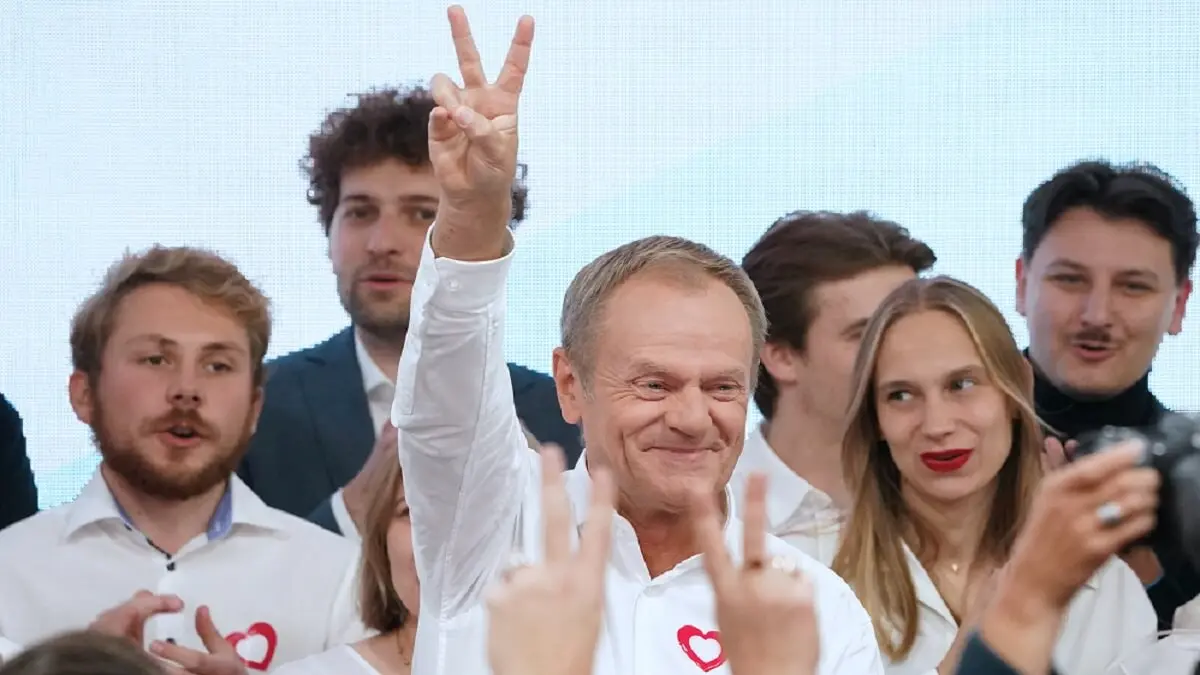The new dawn of a European and democratic Poland

With the results of the elections announced on Sunday 15 October, Poles woke up on Tuesday to a "new country" after "eight years of darkness", according to liberal leader Donald Tusk's slogan, evidently shared by millions of Poles who turned out to vote in record numbers. Since the establishment of democracy in 1989, when 63% of Poles voted, Sunday's 74% voter turnout is the new record.
The three opposition parties - the liberal Civic Platform, the social-democratic Left and the centrist Third Way - have won outright, ousting the nationalist Law and Justice party (PiS) from power after eight years of a government that had undermined democracy, put Poland on the fringes of the European Union and divided the people into warring tribes. The opposition, which has pledged to form a coalition government, will have a comfortable majority in both houses of parliament.
The opposition has achieved its resounding victory by competing on an unequal footing, in a brutal campaign in which the nationalist regime had employed all the resources of the state apparatus, deploying a massive campaign of hatred and lies from the public media converted into its tribune in which the role of bête noire was assigned to Donald Tusk painted as a "traitor" and "pawn of Germany", as well as to the European Union and the immigrants.
These were the most important elections since 1989, when Poland shook off communism and began the transition to democracy.
If at that time the country embraced parliamentary democracy and regained national independence by embarking on the road to EU and NATO integration, these latest elections were about recovering the same democracy and the rule of law that had been violated under the authoritarian right-wing regime, as well as returning to the EU, since Law and Justice, in its nationalist drift, intended to take the country to a "Polexit".
The future tripartite government will now face the tough task of restoring an independent judiciary, including the annulled Constitutional Court, media plurality, restoring women's rights, eradicating the plunder of public finances and punishing those responsible for numerous violations of the Constitution, abuses of power and a host of scandals, such as an institutionalised sale (under the table in exchange for bribes) of hundreds of thousands of EU entry visas to the same Asian and African migrants whom the government trumpeted as the main threat to the country's integrity and well-being.
Reintegration into the EU to restore virtually frozen relations with European allies - and unlock the billions of euros in recovery funds suspended because of the nationalist regime's outrages - will be a priority for the new government.
The only question is whether the transfer of power will be smooth. Because it is clear to many key figures in the current regime that the loss of power will not only take away their perks and wealth, but may also land them in the dock and in jail.
Maciej Stasiński
International Editor in Chief of the daily Gazeta Wyborcza

